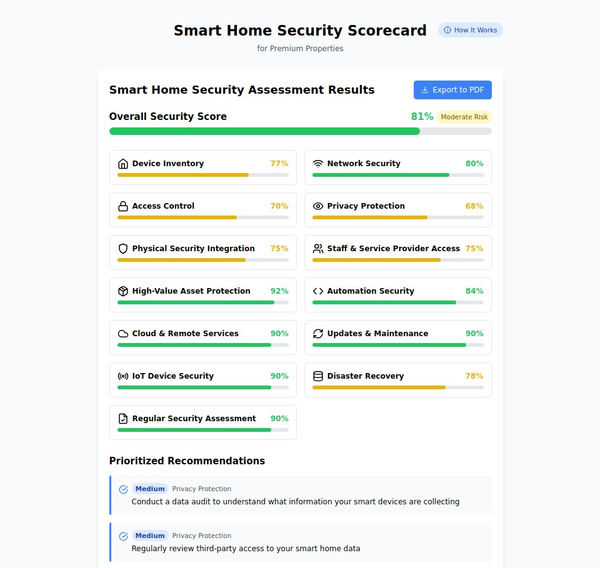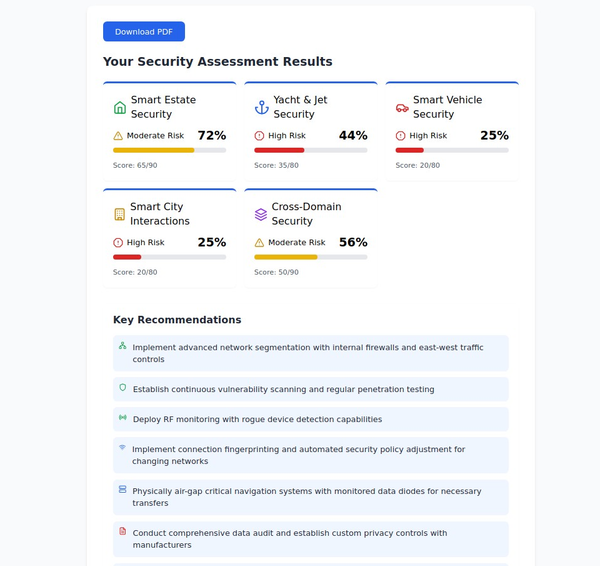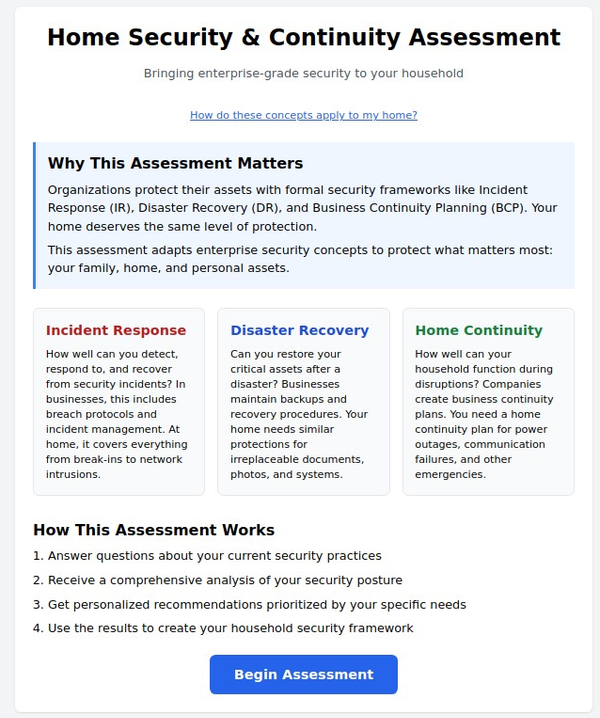Navigating Privacy in a World of Smart Speakers: Alexa and Google Home

Introduction
In an era where smart homes are becoming the norm, devices like Amazon Alexa and Google Home are integral to our daily routines. These gadgets offer unmatched convenience, but at what cost to privacy?
The Convenience and the Concerns
Smart speakers respond to voice commands, streamlining tasks from setting alarms to controlling other smart home devices. Yet, this functionality begs a crucial question: when are these devices listening, and what happens to the recordings?
Activation Errors and Inadvertent Recordings
Smart speakers are designed to activate upon hearing a specific wake word. However, errors occur, leading to unintended recording of private conversations. This raises serious privacy concerns, as these recordings could include sensitive personal information.
Law Enforcement and Privacy Breaches
Instances where smart speaker recordings have been utilized in criminal investigations spotlight the privacy risks. These cases demonstrate the potential for these devices to become inadvertent surveillance tools, with implications for user privacy and data security.
Voice Recognition: A Double-Edged Sword
Features like voice recognition add personalization but also compile voice data, creating detailed user profiles. This continuous data collection could be a goldmine for advertisers or other third parties, further complicating the privacy landscape.
Emergency Situations: A Privacy Paradox
Smart speakers can be lifesavers in emergencies, yet this utility underscores their ability to record and transmit sensitive personal information. Users must weigh the benefits of emergency assistance against the risk of privacy invasion.
User Control and Data Management
While smart speaker companies emphasize user privacy, concerns about data misuse and unauthorized access persist. Users do have control mechanisms, such as reviewing and deleting voice recordings or adjusting settings for data collection. But these measures often require a compromise between functionality and privacy.
Conclusion
As smart speakers become increasingly embedded in our lives, it's crucial to understand and navigate the privacy implications. Users should be aware of the potential risks and proactively manage their data and device settings. The future of smart home technology hinges on striking a balance between technological convenience and the safeguarding of personal privacy.







